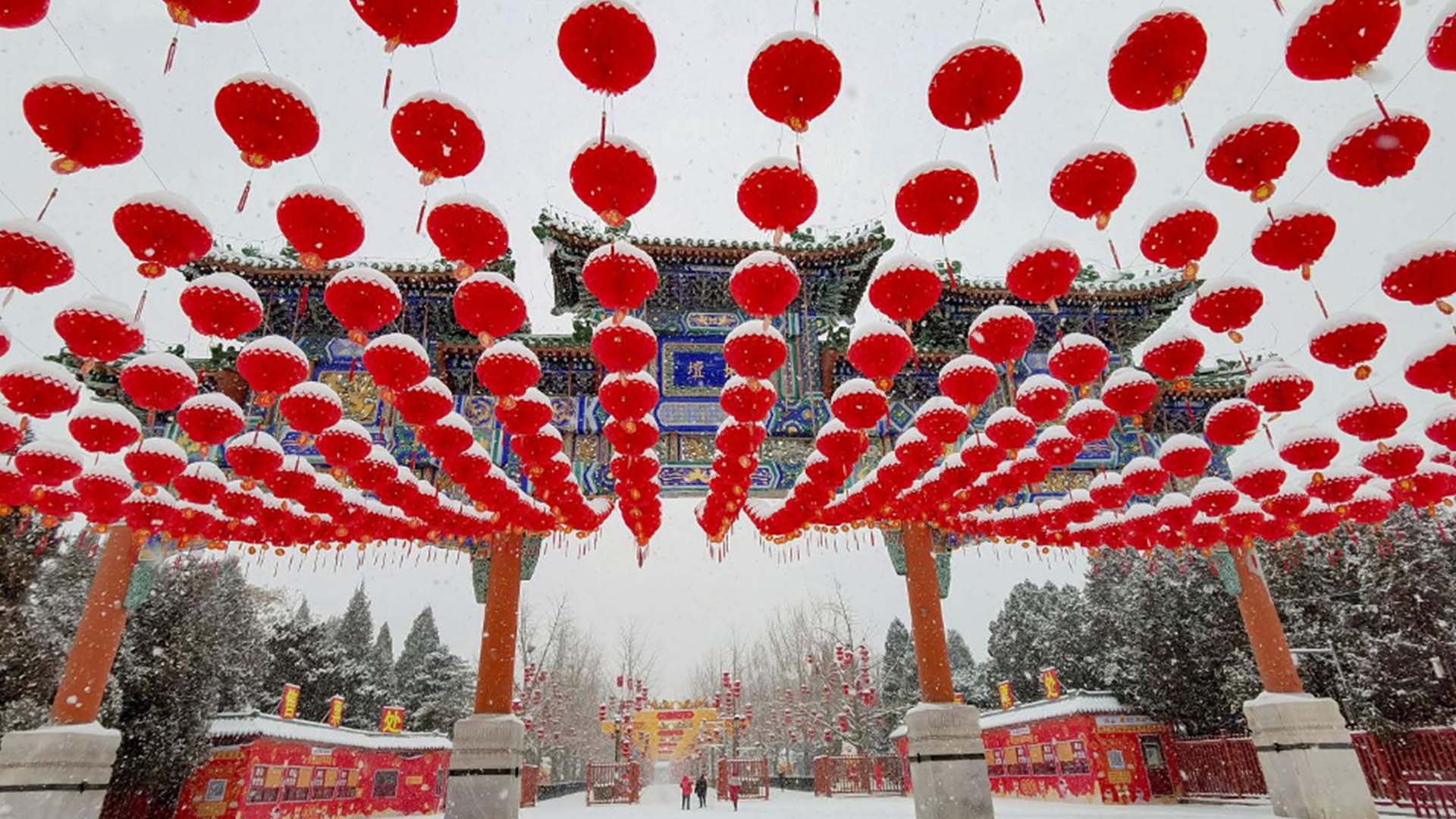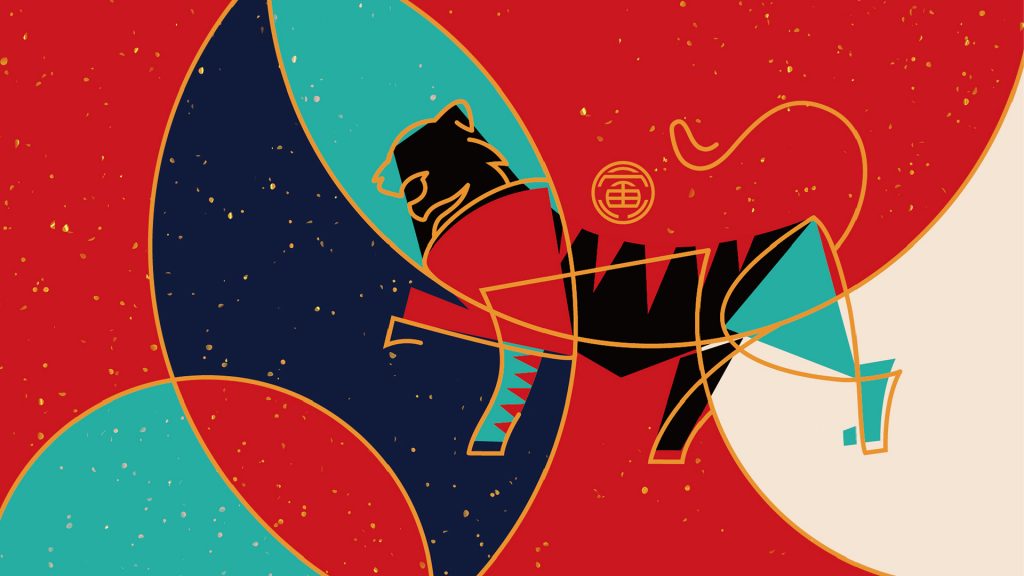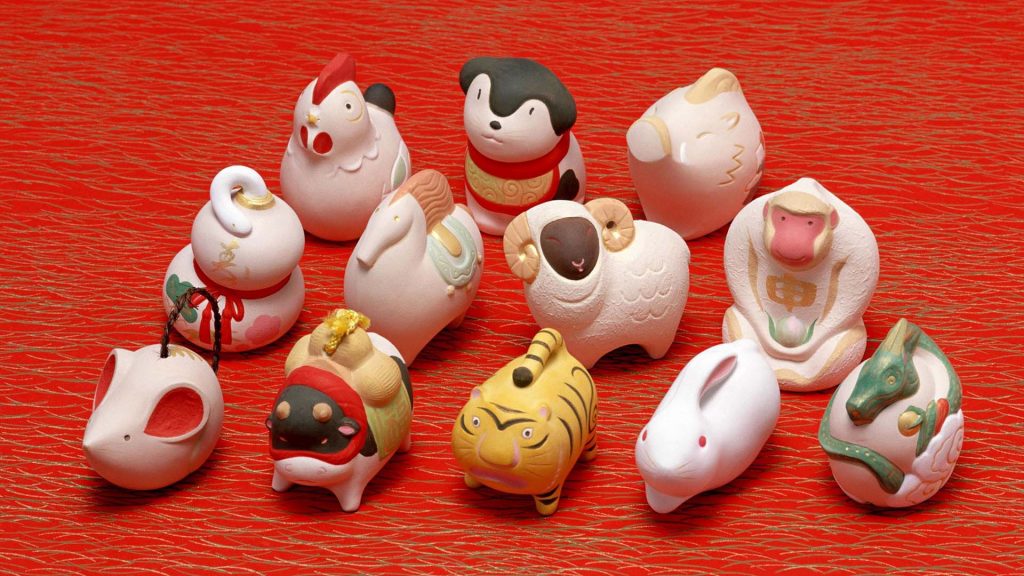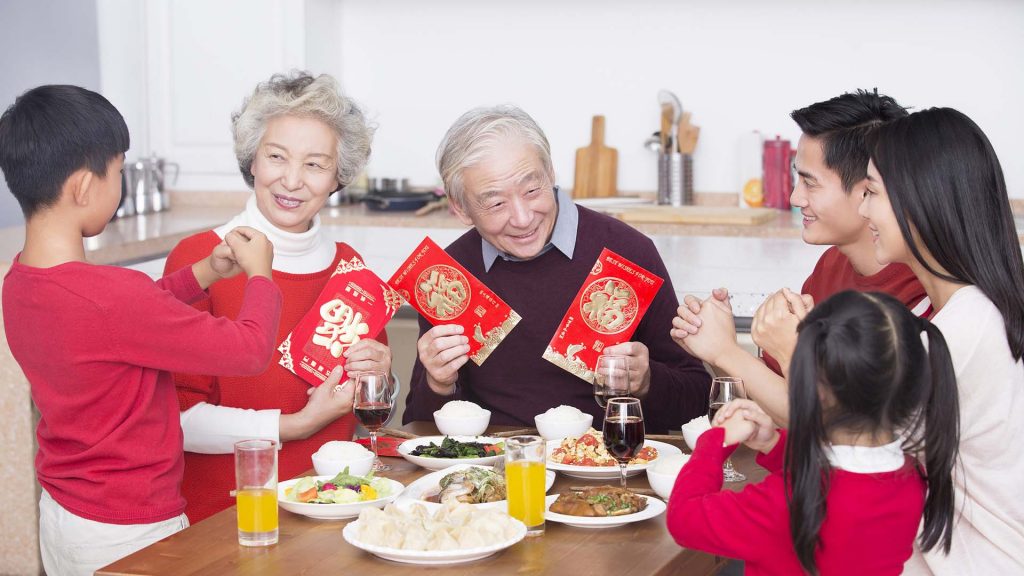
8 Chinese New Year Traditions
The Dos and Don’ts
The most important holiday on the Chinese calendar, the Lunar New Year – also known as Spring Festival – is also celebrated across the world, including in Korea, Singapore, Thailand, Malaysia, Vietnam, and Indonesia. Aside from being a time of merriment, it’s also believed to be a chance to define your fortune for the next 12 months. There are a great variety of Spring Festival customs observed around the world. Some are more traditional, while others incorporate modern attitudes.
To help you enjoy a successful year filled with luck and prosperity, here are eight dos and don’ts to pay attention to during the festive season.
Share New Year greetings
New Year greetings are a great way to spread cheer and goodwill among those around you. A standard wish during the season is “Xin Nian Kuai Le”, which means Happy New Year. Or you can bless someone with “happiness and prosperity” using the phrase “Gong Xi Fa Cai” in Mandarin, or “Kung Hei Fat Choi” in Cantonese.
Buy new clothes and wear red
What better way to welcome in the New Year than with a fresh look. Traditionally, those hoping to start the year with a bang may often splurge on new clothes from head to toe. If you’re really feeling the festive spirit, it’s even better to wear the lucky color red.
Enjoy a family reunion dinner
The Spring Festival is a time for families to get together. The reunion dinner – held on New Year’s Eve and often lasting past midnight – is an important part of the celebrations. This great feast usually features auspicious dishes, such as fish and dumplings (the latter is often hand-wrapped together as a family activity). Be sure to cook more than you need so that there are leftovers the next day, as this symbolizes abundance to start the New Year.
Celebrate the Lantern Festival
The Lantern Festival is held on the 15th day of the lunar year and signals the end of the Spring Festival. Celebrations and traditions vary from region to region, but they share the same theme of bringing forth light, luck, and happiness. Popular regional customs in China include lighting lanterns, watching dragon dances, and solving fun riddles.
Don’t break anything
Breaking any object – for example, a bowl, plate, glass, or vase – during the Lunar New Year period is considered a harbinger of bad luck as it symbolizes disruption. To remedy the situation, either: Wrap the fragments of the shattered object in red paper or cloth and throw it away on the fifth day of the new lunar year, or, say the phrase “Sui Sui Ping An”. The words for “year” and “broken” sound similar in Mandarin, so saying them together is believed to expel bad luck.
Don’t buy or gift books
The word “book” sounds similar to the word “lose” in Chinese, which is why buying new books during the first few days of the Lunar New Year is believed to bring failure and ill fortune. Wait till after the 15th day of the lunar year to purchase any new reading material. The same goes for gifting books to friends and family.
Don’t get angry
Whatever you do during the Lunar New Year holidays is believed to set the tone for the 12 months ahead. As such, harboring negative emotions toward another person during this time could signal a year of turbulent relationships. If you want to enjoy a happy year ahead, avoid getting into arguments during the festive period.
Don’t sweep or clean the house on the first day of the New Year
People tend to give their homes a thorough cleaning before the Lunar New Year – specifically on the 28th day of the last month – to symbolize the removal of bad luck from the previous year. Be sure to put the brooms and mops away on the first day, as doing any cleaning is believed to wipe away incoming good fortune.
These customs may not be followed by everyone and should only be used as a reference for understanding Chinese culture.
Read More




